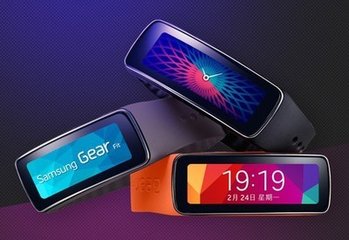This is Scientific American 60 seconds Tech, I'm Larry Greenemeier, got a minute?
这里是科学美国人60秒科技频道,我是拉里·格林梅耶。
Apple, Google and other tech companies have spent years gathering info about your purchasing habits, entertainment preferences and social circles. They want to know what makes you tick. Now they also want to know about your actual ticker. The tech firms are targeting your vital signs with health apps and online data repositories.
苹果,谷歌以及其他科技公司花费数年时间收集有关用户消费习惯,娱乐偏好以及社会圈的信息。他们想知道什么能带给用户快乐。但是现在他们还想了解你的心脏。以上科技公司努力获得并分析健康应用程序或是在线数据库上的用户健康信息。
Apple's new Health app will gather blood pressure, heart rate, and stats on diet and exercise from any number of mobile apps and fitness devices, including Nike+ wearables. Apple may even start selling its own wrist watch-like health-monitoring device this fall, along the lines of Samsung's Gear Fit and its upcoming Simband.
苹果一新款健康APP会收集用户血压,心率,饮食情况,并通过耐克等品牌的运动追踪器和收集应用程序检查用户的运动情况。今年秋季,苹果也有望推出自己品牌的腕式健康检查仪器,与此同时,三星也会推出智能手环GearFit以及健康追踪腕带Simband.

Google may challenge Apple with its own Google Fit health service. This effort would be Google's second crack at a health info portal, after shuttering Google Health in January 2012 due to lack of interest.
为挑战苹果,谷歌也会推出自己的健康仪器。此举是谷歌继2012年1月由于用户大多不感兴趣而以失败告终的GoogleHealth(是谷歌为用户提供的一个管理自己病历的平台)之后进军健康追踪领域的第二战。
Meanwhile, Microsoft, which may soon offer its own heart-monitoring smartwatch, has offered its similar HealthVault service since 2010.
同时,微软也即将发布自己的心率监控腕表。早在2010年。微软就提供过“健康基金库”的服务。
这些应用程序都会刺激人们购买类似产品或服务,鼓励人们培养健康的生活方式。当然,也增加了用户使用该该产品的概率。
Thanks for the minute for the Scientific American 60 Seconds Tech, I'm Larry Greenemeier.
感谢收听科学美国人60秒科技频道。












